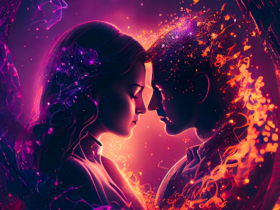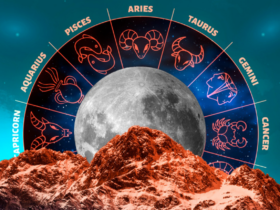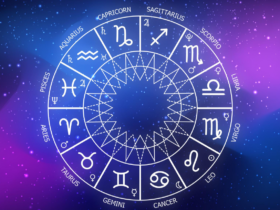Jealousy, that green-eyed monster as Shakespeare once coined it, has long been a subject of fascination and scrutiny in human relationships. But what lies beneath this complex emotion? How does it intertwine with our attachment styles, those deeply ingrained patterns of relating to others formed in early childhood? In this exploration, we delve into the intricate relationship between jealousy and attachment styles, shedding light on the profound impact of insecurity on our emotional reactions.
Attachment theory, pioneered by psychologist John Bowlby, posits that our early experiences with caregivers shape the way we bond and connect with others throughout our lives. These attachment styles—secure, anxious, avoidant, and disorganized—serve as blueprints for our interpersonal dynamics, influencing how we perceive and respond to intimacy, trust, and abandonment.
When it comes to jealousy, attachment styles play a pivotal role in shaping our reactions. Securely attached individuals tend to exhibit lower levels of jealousy, possessing a strong sense of self-worth and trust in their relationships. They are able to navigate moments of perceived threat with resilience, relying on open communication and mutual understanding to address concerns.
Speak to a live horoscope expert. Find clarity, connection and a path forward.
CLICK HERE AND START YOUR READING!
On the other hand, those with anxious attachment styles often grapple with heightened jealousy. Fueled by deep-seated fears of rejection and abandonment, they may interpret minor signals as signs of potential loss, leading to intense emotional reactions. Their need for constant reassurance and validation can strain relationships, creating a cycle of jealousy and insecurity.

Avoidantly attached individuals, characterized by a reluctance to depend on others and a tendency to suppress emotional needs, may also experience jealousy albeit in a different guise. Instead of overt expressions, their jealousy may manifest as distancing behaviors or dismissive remarks, masking underlying feelings of vulnerability and fear of engulfment.
Related: Timing is Everything: Astrological Timing in Relationship Compatibility and Synchronization
The intersection of attachment styles and jealousy becomes even more intricate in cases of disorganized attachment, where individuals exhibit a mix of anxious and avoidant tendencies, often stemming from traumatic or inconsistent caregiving experiences. This unresolved internal conflict can give rise to unpredictable and volatile reactions to perceived threats, intensifying jealousy and destabilizing relationships.
Understanding the interplay between attachment styles and jealousy is crucial for fostering healthy relationships. By recognizing how our early attachment experiences influence our emotional responses, we can cultivate greater self-awareness and empathy towards ourselves and our partners. Through introspection and communication, we can work towards addressing underlying insecurities and building trust, laying the foundation for secure and fulfilling connections.
In essence, jealousy serves as a mirror reflecting our deepest fears and vulnerabilities, shaped by the intricate tapestry of our attachment styles. By unraveling this relationship, we gain insight into the complexities of human emotions and the profound impact of early experiences on our adult relationships.





















